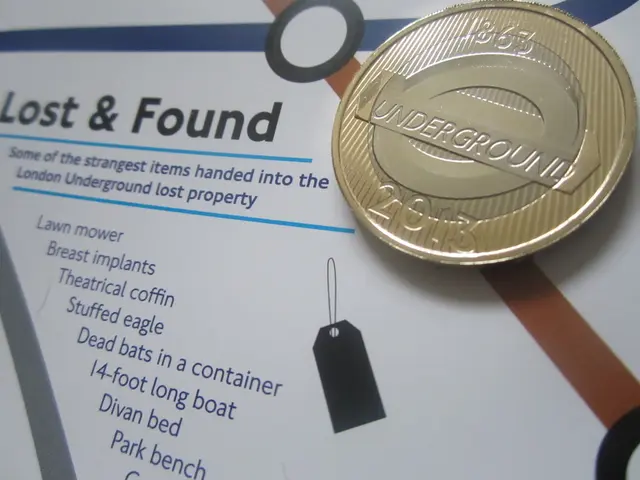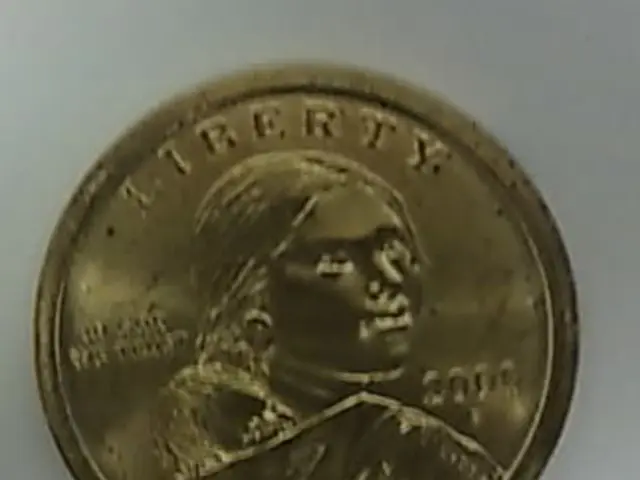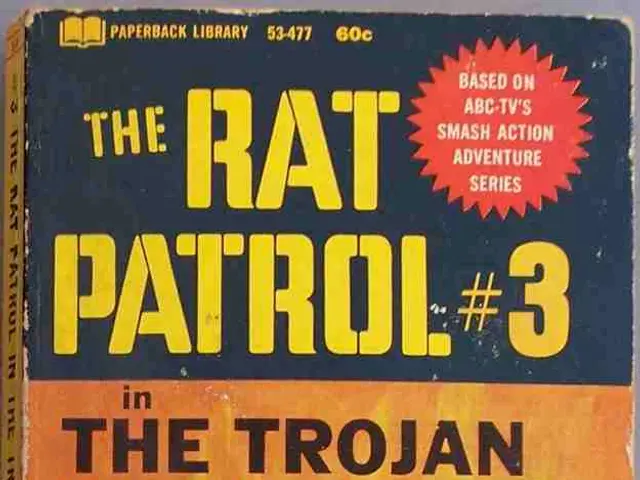HBCU graduates created a platform facilitating the process of expunging eligible criminal records
In a bid to address the disproportionate incarceration rates of Black Americans and provide a second chance for those with felony convictions, the justice-tech startup LegalEase was founded by Howard University alumni Lawrence Blackmon and Roger Roman.
LegalEase's mission is to prove that equal justice can indeed scale, from Jackson, Mississippi, to every zip code in America. The startup's flagship platform, Expungement.ai, uses an AI assistant named Wilma to guide users through real-time eligibility checks, court petition filings, and status tracking—all in about five minutes via voice, web chat, or SMS.
According to a report by The Sentencing Project, Black Americans are incarcerated at nearly five times the rate of white Americans. A 2010 study by the University of Georgia School of Public and International Affairs found that nearly 8% of adults in the US have a felony conviction. By streamlining criminal record clearance, LegalEase aims to reduce barriers to economic mobility such as employment and housing discrimination that affect approximately 70 million Americans with records.
The service offered by LegalEase is designed to help Black citizens in the US find a second chance. It determines expungement eligibility based on state-specific laws using AI, enabling users to file court petitions for expungement quickly, bypassing months of paperwork and expensive attorneys. The platform offers multi-channel access (phone calls, text messaging, web chat) to serve people regardless of internet access.
LegalEase provides service tiers: a $150 do-it-yourself option and a $500 full-service concierge plan. In addition, the startup is launching community clinics called “Expungement Express” for pro bono assistance. Users can expect docket-level updates throughout the judicial review process.
Currently, LegalEase operates in Mississippi and is expanding to Illinois and the DC/Maryland areas this fall, with plans for full national coverage by early 2027. Founder Lawrence Blackmon, who holds a Bachelor's degree in Communications from Howard University, a JD from Mississippi College, and an LLM from George Washington University, is leading the charge.
Roger Roman, another founder of LegalEase, graduated from Howard University with a Bachelor of Arts degree in English and African American Studies. Roman is a two-time tech founder, investor, ecosystem builder, and a recipient of the Google Black Founders Fund. He currently serves on the board of Starting With Today, a Black mental wellness nonprofit based in the Washington, DC area.
Blackmon's father, Edward Blackmon, an HBCU graduate of Tougaloo College, has been a practicing lawyer in Mississippi for the past 40 years. With this rich background and a shared commitment to equal justice, LegalEase is poised to make a significant impact in the lives of millions of Americans.
- Founders Lawrence Blackmon and Roger Roman, with a background in entrepreneurship and law, are using LegalEase, a justice-tech startup they founded, to finance a mission aimed at reducing the disproportionate incarceration rates of Black Americans and providing a second chance for those with felony convictions, leveraging technology to streamline criminal record clearance.
- By offering services such as expungement eligibility checks, court petition filings, and status tracking via AI, LegalEase aims to cut down barriers to economic mobility, including employment and housing discrimination, that affect approximately 70 million Americans with records.




